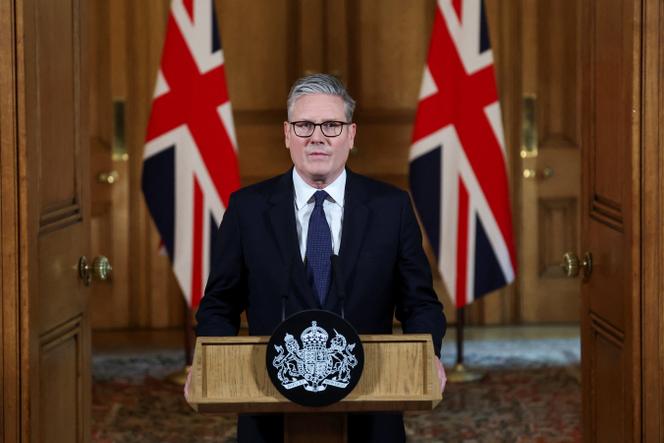
Introduction
As the leader of the UK Labour Party, Keir Starmer has emerged as a pivotal figure in British politics, especially in the wake of pressing social and economic issues. His leadership is crucial to the party’s ability to challenge the ruling government and potentially return to power in the next general election. With increasing public interest in his policies and leadership style, understanding his political trajectory and key initiatives becomes more important than ever.
Recent Developments
In recent weeks, Keir Starmer has positioned himself firmly against the current government’s handling of the cost-of-living crisis, voicing concerns about the impacts on working families across the UK. Starmer’s proposed solutions include advocating for a windfall tax on energy companies, which he argues are profiting excessively amidst soaring energy prices. This proposal has gained traction within party circles as a means of generating funds to support struggling households.
Additionally, Starmer has prioritised issues surrounding the NHS and public services, calling for increased funding and reform to ensure that quality care is accessible for all citizens. Recent polls indicate that voters are particularly concerned about healthcare, presenting Starmer with an opportunity to resonate with the electorate by prioritising these issues in his agenda.
Internal Party Dynamics
Starmer’s leadership has not been without controversy. His recent decisions, such as the suspension of party members for alleged anti-Semitic comments and an insistence on party unity, have sparked debates within Labour regarding the balance between holding diverse views and maintaining party cohesion. Critics argue that some of these measures may lead to disillusionment among the left-wing factions of the party, who feel sidelined under his leadership. However, Starmer maintains that a united front is essential for electoral success.
Looking Ahead
With the next general election on the horizon, Starmer’s ability to galvanise support within the party and the broader electorate will be put to the test. Polling data suggests that the Labour Party is currently in a competitive position against the Conservatives, highlighting the potential for a transformative election in the UK. Analysts suggest that outwardly addressing key issues such as the economy, healthcare, and living standards will be crucial for the Labour Party’s recovery and resurgence.
Conclusion
Keir Starmer’s journey as leader of the Labour Party is marked by challenges and opportunities alike. His responsiveness to current socio-economic issues positioned him as a formidable contender in the upcoming elections. The success of his leadership will significantly shape the political landscape in the UK, influencing not just the Labour Party, but the nation’s policies and direction in the years to come.
You may also like

Understanding the Current Political Landscape in the UK

Boris Johnson: A Look at His Current Political Landscape
